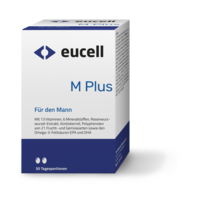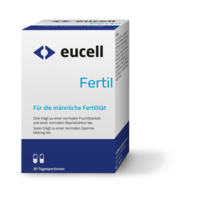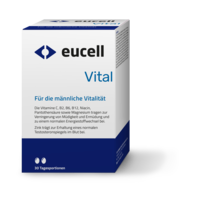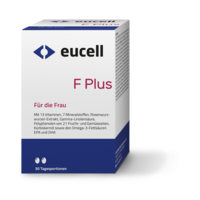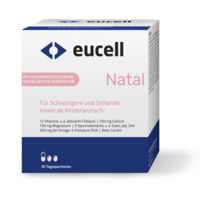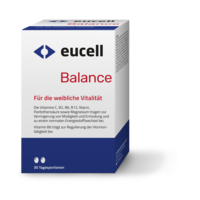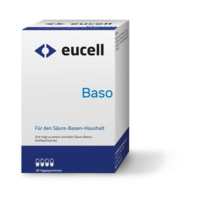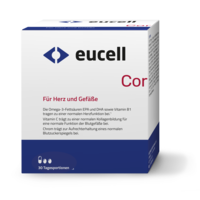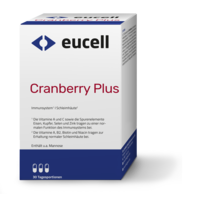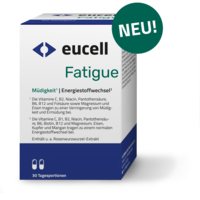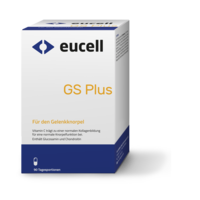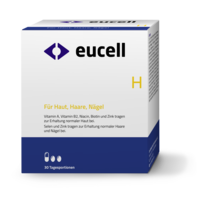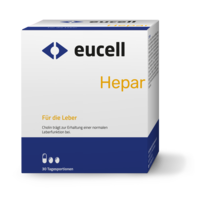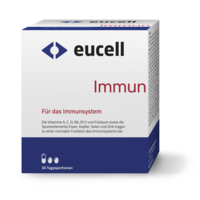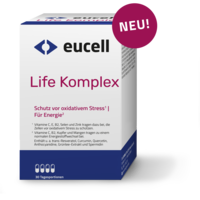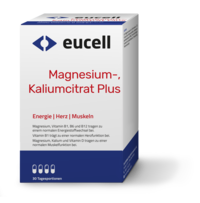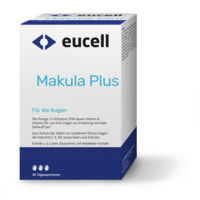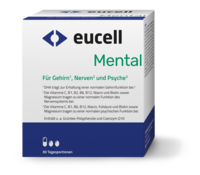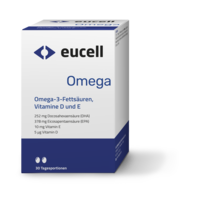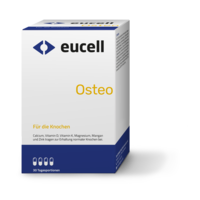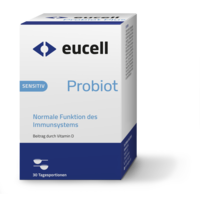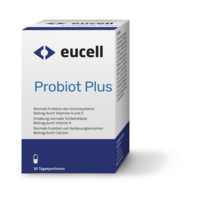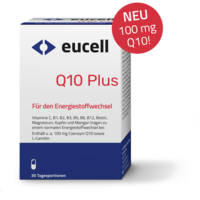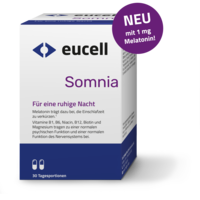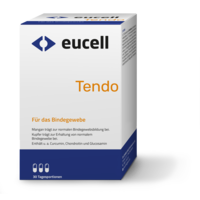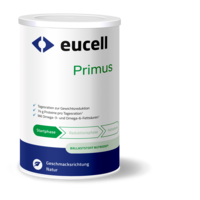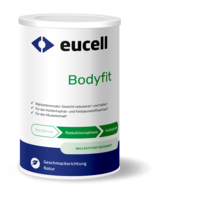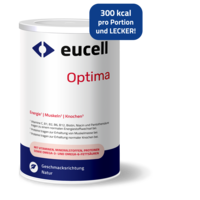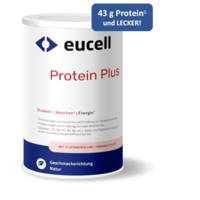Die OPC weisen eine sehr hohe Bioverfügbarkeit auf, das heißt dass sie vom Körper sehr gut aufgenommen werden können. Weiterhin können sie die sogenannte Blut-Hirn-Schranke überwinden und in das Gehirn gelangen.
Die OPC haben eine ausgesprochen starke antioxidative Wirkung. Unter Laborbedingungen ist das antioxidative Potential 18 Mal stärker als das von Vitamin C und 40 Mal stärker als das von Vitamin E. Insbesondere in Kombination mit anderen Mikronährstoffen (Vitamine, Mineralstoffe, Spurenelemente) kann sich die Wirkung voll entfalten. So aktiviert es zum Beispiel Vitamin C und verzehnfacht seine antioxidativen Eigenschaften. Die Vitamine A und E sind in der Gegenwart von OPC zehnmal so lange aktiv.
-
Murphy KJ, Chronopoulos AK, Singh I, Francis MA, Moriarty H, Pike MJ, Turner AH, Mann NJ, Sinclair AJ. Dietary flavanols and procyanidin oligomers from cocoa (Theobroma cacao) inhibit platelet function. Am J Clin Nutr. 2003 Jun;77(6):1466-73.
-
Ottaviani JI, Actis-Goretta L, Villordo JJ, Fraga CG. Procyanidin structure defines the extent and specificity of angiotensin I converting enzyme inhibition. Biochimie. 2006 Mar-Apr;88(3-4):359-65. Epub 2005 Oct 26.
-
Caballero-George C, Vanderheyden PM, De Bruyne T, Shahat AA, Van den Heuvel H, Solis PN, Gupta MP, Claeys M, Pieters L, Vauquelin G, Vlietinck AJ. In vitro inhibition of [3H]-angiotensin II binding on the human AT1 receptor by proanthocyanidins from Guazuma ulmifolia bark. Planta Med. 2002 Dec;68(12):1066-71.
-
Corder R, Warburton RC, Khan NQ, Brown RE, Wood EG, Lees DM. The procyanidin-induced pseudo laminar shear stress response: a new concept for the reversal of endothelial dysfunction. Clin Sci (Lond). 2004 Nov;107(5):513-7.
-
Kim YJ, Park HJ, Yoon SH, Kim MJ, Leem KH, Chung JH, Kim HK. Anticancer effects of oligomeric proanthocyanidins on human colorectal cancer cell line, SNU-C4.
World J Gastroenterol. 2005 Aug 14;11(30):4674-8.
-
Gosse F, Guyot S, Roussi S, Lobstein A, Fischer B, Seiler N, Raul F. Chemopreventive properties of apple procyanidins on human colon cancer-derived metastatic SW620 cells and in a rat model of colon carcinogenesis. Carcinogenesis. 2005 Jul;26(7):1291-5. Epub 2005 Mar 24.
-
Schmidt BM, Howell AB, McEniry B, Knight CT, Seigler D, Erdman JW Jr, Lila MA. Effective separation of potent antiproliferation and antiadhesion components from wild blueberry Vaccinium angustifolium Ait.) fruits. J Agric Food Chem. 2004 Oct 20;52(21):6433-42.
-
Kozikowski AP, Tuckmantel W, Bottcher G, Romanczyk LJ Jr. Studies in polyphenol chemistry and bioactivity. 4.(1) Synthesis of trimeric, tetrameric, pentameric, and higher oligomeric epicatechin-derived procyanidins having all-4beta,8-interflavan connectivity and their inhibition of cancer cell growth through cell cycle arrest. J Org Chem. 2003 Mar 7;68(5):1641-58.
-
Goncalves C, Dinis T, Batista MT. Antioxidant properties of proanthocyanidins of Uncaria tomentosa bark decoction: a mechanism for anti-inflammatory activity. Phytochemistry. 2005 Jan;66(1):89-98.
-
Carini M, Stefani R, Aldini G, Ozioli M, Facino RM. Procyanidins from Vitis vinifera seeds inhibit the respiratory burst of activated human neutrophils and lysosomal enzyme release. Planta Med. 2001 Nov;67(8):714-7.

